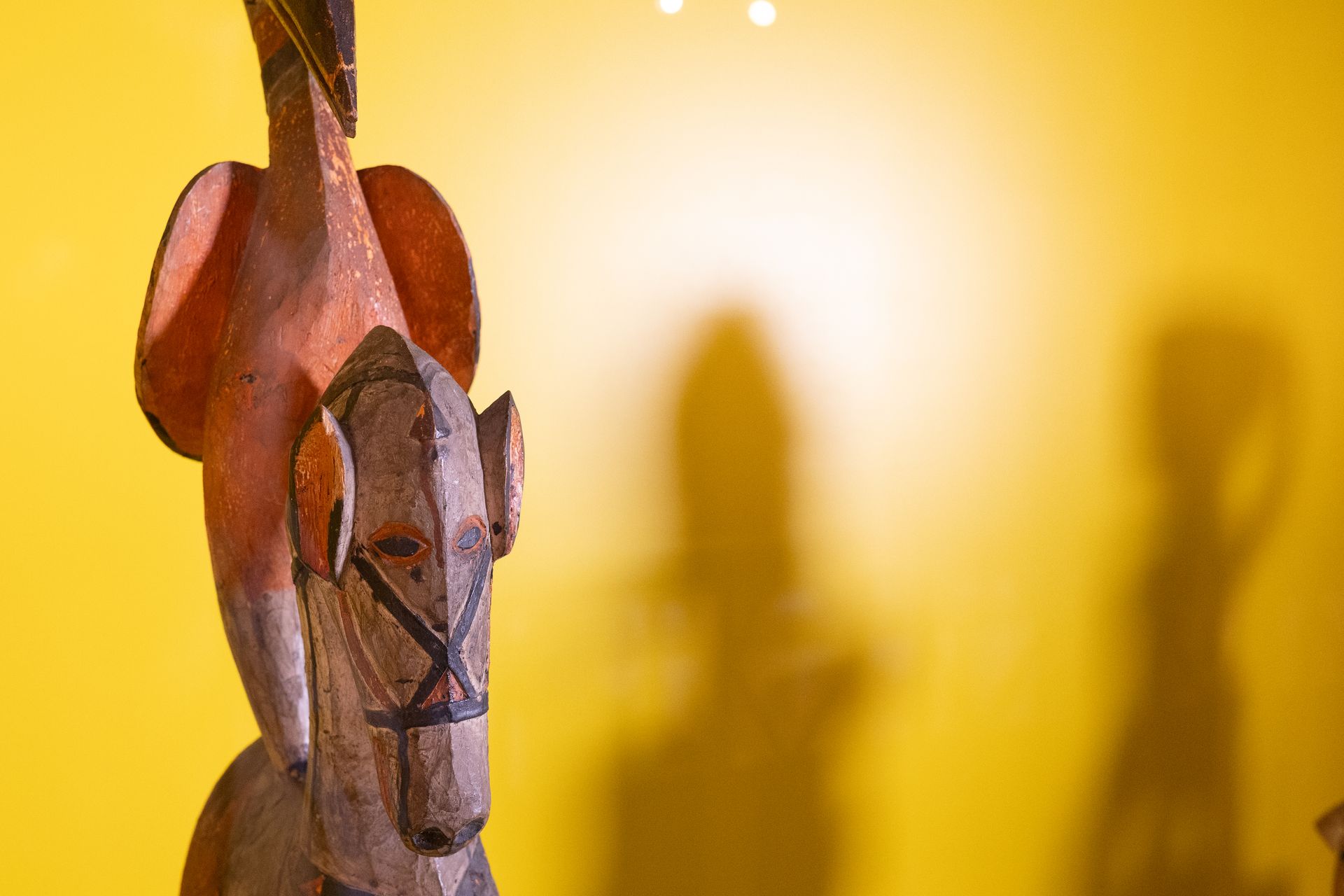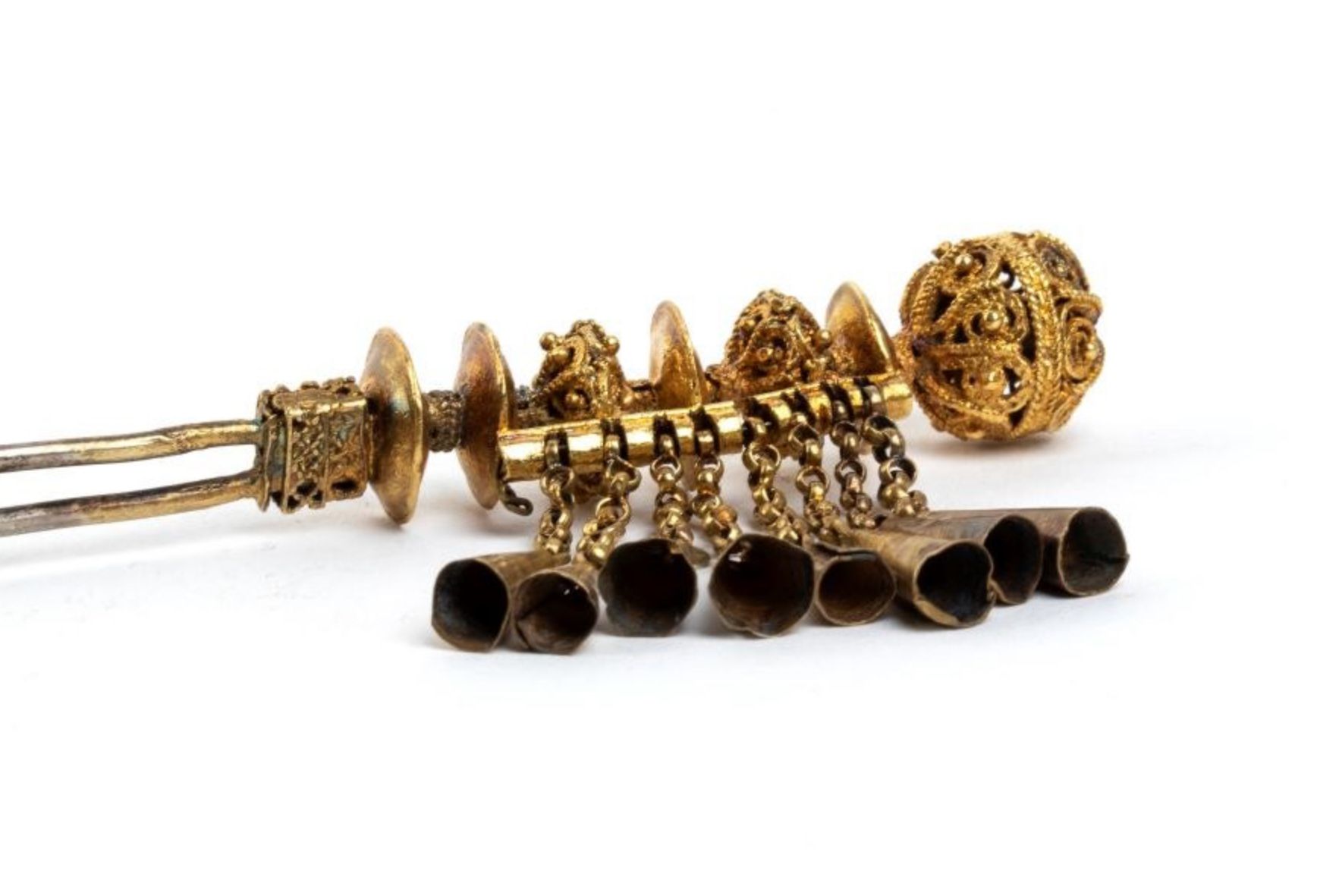Cultural Restitution
SHARE ARTICLE
Can restrictions on disposals from a private foundation override best restitution practice adopted by the state? In Germany, apparently the answer is ‘yes’.
The Georg Schäfer Museum in Schweinfurt, northern Bavaria, which opened in 2000 to display the private collection of German industrialist Georg Schäfer (1896-1975), insists they are not subject to the internationally endorsed 1998 Washington Principles for returning looted art.
The provenance researcher recruited three years ago to examine the history of works in the Schäfer collection and who left the Museum in January believes they are wrong.
Speaking to the NYT News Service , Sibylle Ehringhaus says she left because the Museum is refusing to address appeals by the heirs of Jewish collectors on 20 or so looted paintings, whose appeals she believes are justified. Denied access to several historical documents she considered essential to her research, she has also been forbidden to contact other museums with research enquiries.
“They needed me for appearances,” she says. “I felt as though I was being used as a fig leaf”.
The Museum, which maintains the collection was acquired legally and in good faith, insists the German Government and not the Museum is responsible for resolving appeals and for compensating works restituted from private collections.
Schäfer amassed almost one thousand, mainly 19th century paintings by German-speaking artists, from Munich-based dealers during the 1950s. Munich was then a hotbed of dealers who'd profited from commercial relations with the Nazi regime.
The ownership structure of the collection is unusual. The paintings themselves are owned by a private foundation (The Georg Schäfer Foundation), which has strict rules banning the sale of assets. To deaccession any work from the collection, the Foundation argues, would be a breach of their legal responsibilities.
The works are on loan to the Museum, which itself is located in a building owned by the state of Bavaria and run by the city of Schweinfurt.
Under this form of structure neither the federal government nor the state of Bavaria has any power to force the Museum to deaccession or settle claims for restitution.
The German Government, criticised over many years for its failure to assist the heirs of Jewish collectors seeking to recover works looted by the Nazis, is beginning to make up for lost time. Only recently, the state-funded German Lost Art Foundation established a Help Desk to help claimants recover their family’s looted assets.
Monika Grütters, Germany’s culture minister, made it clear at a conference in 2018 that responsibility for compensating the heirs of victims of Nazi looting should not rest with the state alone. “We can and should expect much more engagement by private art collectors and the art trade".
However, her statement continues to carry little weight with the Georg Schäfer Museum. Neither is she receiving any support from the state of Bavaria, whose own culture minister confirmed “there are no legal means to exert influence over The Georg Schäfer Foundation in terms of implementing the Washington Principles”.
In a further indication that a long road lies ahead, the mayor of Schweinfurt came out with a robust criticism of Ehringhaus and her role as provenance researcher, saying “Political moralizing is not her job. Her job was to research the history of the artworks”.
Photo: The Georg Schäfer Museum, Schweinfurt, northern Bavaria
Courtesy of commons.wikimedia.org
More News



